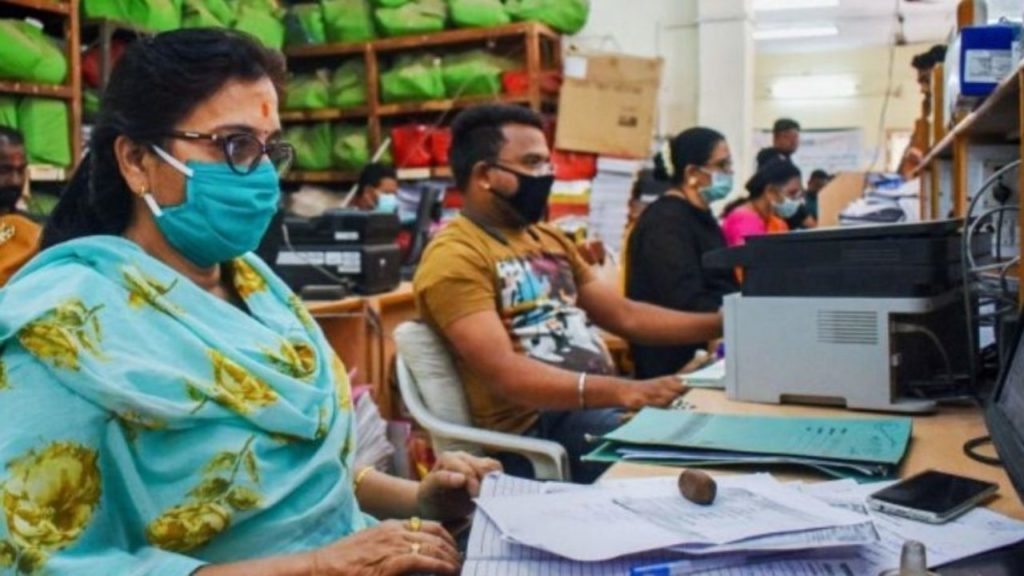All Govt Employees Banned From Using VPN Services, 3rd Party Cloud Services Like Dropbox

The government has banned central government employees from using VPN and cloud services like Google Drive and Dropbox.
The directive has been issued by Indian Computer Emergency Response Team (Cert-In) and National Informatics Centre (NIC).
Contents [hide]
No cloud storage
Employees can no longer save any confidential government files on cloud services like Google Drive and Dropbox.
This is because Cloud services store data on the internet, and not on the internal memory of the data owner’s devices.
No third-party apps
Employees have been instructed to not use third-party applications to scan government documents like Camscanner..
They may not ‘root’ or ‘jailbreak’ their devices.
No VPN services unless..
The rules set in by the Ministry of Electronics and Information Technology (Meity) are aimed at improving cybersecurity and protecting confidential information.
The Indian government has been critical of VPN services which it believes threatens the security of the country as they can be used by terrorist organizations and are not trackable.
Data centers and cloud service providers have been asked to store information such as names, email IDs, contact numbers, and IP addresses (among other things) of their customers for a period of five years.
VPN services pull servers from India
NordVPN said that it adheres to strict privacy policies.
Hence it does not collect or store customer data.
No-logging features are embedded in its server architecture and are at the “core of [its] principles and standards.”
Further, it is committed to protecting the privacy of its customers.
Therefore, it can no longer keep servers in India.
ExpressVPN called the norms incompatible with the purpose of VPNs, which are designed to keep users’ online activity private.
How will the new rules affect VPN users in India
Indian users may face a strict KYC verification process when signing up for a VPN service.
They may have to state their reason for using it.
There is always a risk of users’ privacy data exposed to the government.

Comments are closed, but trackbacks and pingbacks are open.